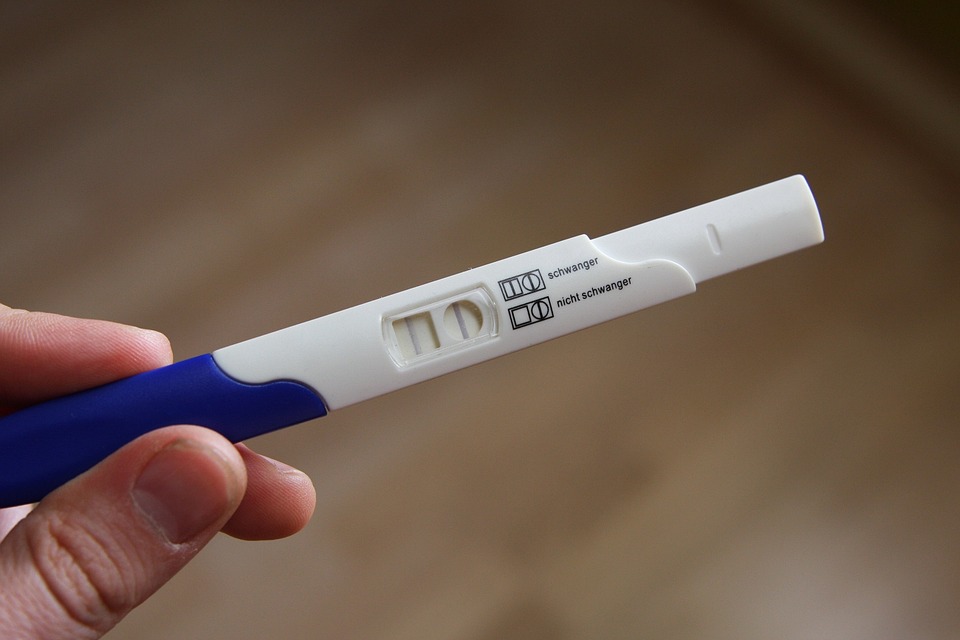Fertility In Women

Fertility comes with a lot of questions, especially if you are trying to get pregnant and it is not working. Some women have conditions that make it a little bit more difficult for them to get pregnant. Self-care is the key to increasing fertility; it allows one to eat, sleep and feel better. There are various ways to optimize your fertility…
One fundamental tip that we can give you is to know your body, especially your menstrual cycle. I know that it is not so exciting, but knowing your cycle will allow you to schedule intercourse for during your ovulation period in order to get pregnant.
In this article, we will go over several tips that will increase the probability of getting pregnant. Make sure to talk to your doctor or gynecologist if you have special conditions to address, as these are general tips that may not apply to everyone.
How To Get Pregnant?
1. Record Your Menstrual Cycle
You must record your menstrual cycle. This process has become easier now that we have smartphone applications like Flo. The application lets you know if you have a regular or irregular cycle, or in other words, whether your period starts around the same date every month.
You will know when you are ovulating and will be able to schedule intercourse accordingly. According to the American Pregnancy Association, a women’s egg is fertile only for 12 to 24 hours, and a man’s sperm can survive in a woman’s body for up to five days.
2. Monitor Ovulation
Ovulation appears two weeks before your period. It will be hard to predict ovulation for women who have irregular periods.
Menstrual cycles vary from woman to woman in terms of length, frequency and intervals, and can even fluctuate several times over the course of a woman’s life.
There are different ways you can use to know when you are ovulating if you do not have regular periods:
Prediction kits: These kits can be bought in most health stores and are widely available. The kits will test your urine for a luteinizing hormone which increases during the period of ovulation. There will be increased chances of becoming pregnant if you have sex during the three days following a positive test result from the kit. This method is relatively easy.
Track cervical mucus: During your ovulation period, the amount and appearance of mucus in the vagina changes. A few days before ovulation, the mucus changes and becomes clearer, thinner and more slippery. The fact that mucus becomes slippery acts as a lubricant and allows sperms to make their way to the egg. So, it is important to track the cervical mucus too, the recommended amount of time is for approximately three months.
Body Temperature: This is a less accurate way to monitor ovulation, but it remains one. You will have to check your temperature every day for a month at the same time before getting out of bed. Keep a record and notice that you will find that your body temperature will slightly increase before you ovulate. The normal body temperature is between 36.1 to 36.4 degrees Celsius, and right after ovulation, it is between 36.4 to 37

degrees Celsius.
3. Have Sex Often
There is something known as the ‘fertile window’; the “fertile window” depends on the length of the menstrual cycle, which varies from woman to woman. The “fertile window” is the day when an egg is released from the ovary (ovulation) and the five days before that. If you have sex (intercourse) during this time, you have the best chance of getting pregnant.
So, if you do not know the exact time of your fertile window, having sex often may increase the chance of conceiving.
Having difficulty conceiving may be stressful, let us know in the comments what do you think about fertility, and check part 2 of this series for a more extensive understanding on fertility issues.


